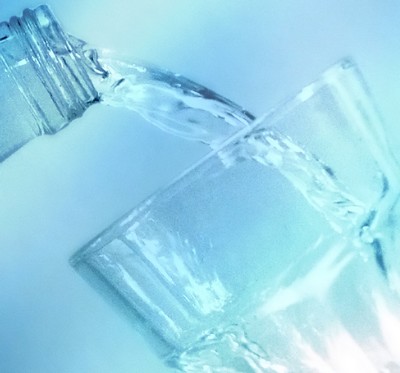When you’re planning a road trip, always remember to pack enough water to carry yourself, or if that’s not possible, know how to handle unknown water sources. As a last resort, you can always buy bottled water as well, which isn’t a bad solution but might be a bit pricey and you’ll need to work on a budget.
Most of the diseases carried by water, water that is not clean and untreated. Also, some foods, fruits and even vegetables can infect you with some kind of disease which can ruin your trip. That’s why you should do a little research on the water situation you’re in.
Choose your food carefully
It is possible that certain foods can be bad and toxic for you unless you know how to prepare them. Don’t try to prepare food that you are not sure about, rather stick to what the locals have to offer and always make sure that you wash everything thoroughly. Eating vegetables and fruit can also increase the risk of disease; the best option is to wash them very well and peel the skin off. Never eat food that is not boiled, this is the only safe way to kill potentially harmful bacteria and viruses.
Just tap water, no problem
If you only have the option of using tap water, never drink tap water directly as it can become contaminated. Your best option is to use a filter; You can buy all kinds of them for such occasions. They are easy to use, but you have to be careful which type you use; some can and cannot filter out bacteria and viruses.
An alternative to filters is to use iodine cleaning tablets, they purify water and kill germs. However, it is not recommended to drink the treated water for a longer period of time. They may harm you and even cause serious illness.
Perhaps the best option you can choose is to do it the old-fashioned way, boiling water vigorously for about a minute is the most effective way to purify water without exposing yourself to any harm or risk.
Hot drink
In an unknown place and if you are unsure of water contamination, avoid drinking beverages with ice in them. Also, try to avoid foods that are only rinsed with cold water. Both cases can pose threats that you don’t want to disclose.
On the other hand, drinking tea, coffee or other hot drinks is a good idea because the water is boiled and the risk of drinking contaminated water is low. Alcoholic beverages are usually safe to drink as well.
Time for healing
Most water-borne illnesses include nausea, vomiting, diarrhea, fever and pain. They will go away on their own within a few days, however, you should stay hydrated during that time. Drink only safe water, whether bottled or boiled, to help your body fight disease.
If possible, try using medication as well, but only after you’ve sought medical advice. You can never be sure what you’ve caught, and self-medicating can make your condition worse.
Safe to drink tap water
Staying in one place for a longer period of time and making sure that locals don’t get sick after drinking the tap water, with no known illnesses, it’s safe to start drinking the water yourself. However, be careful to drink it in small sips so your body can acclimate to the microbes in the water.








